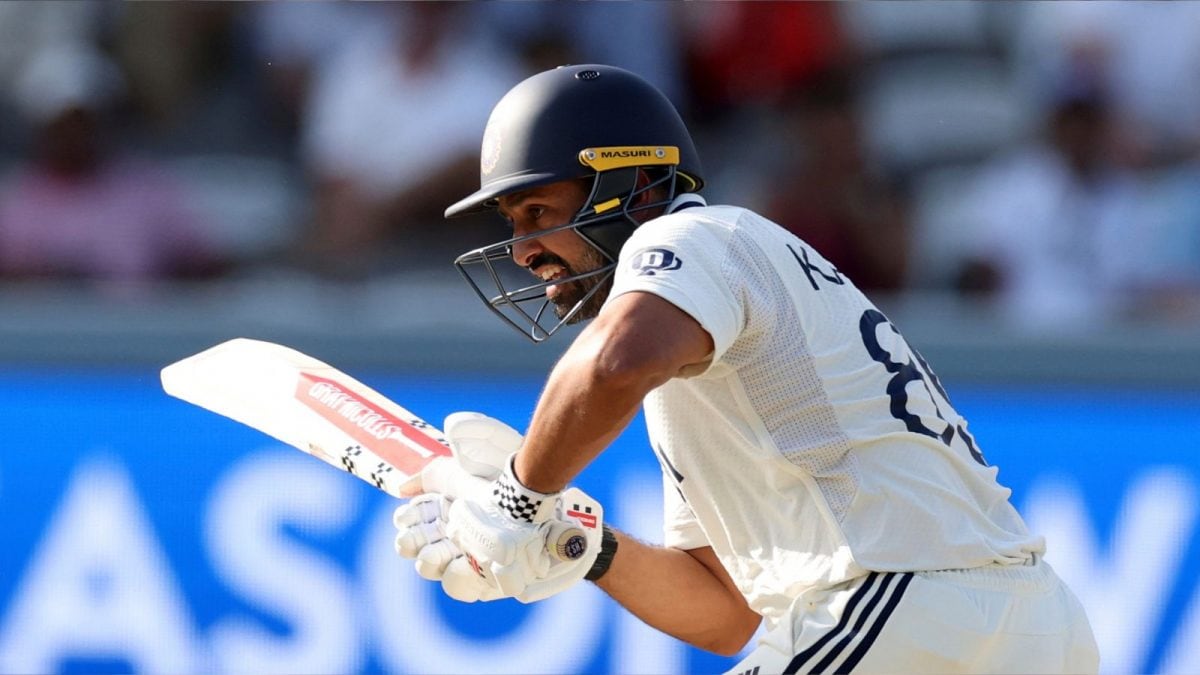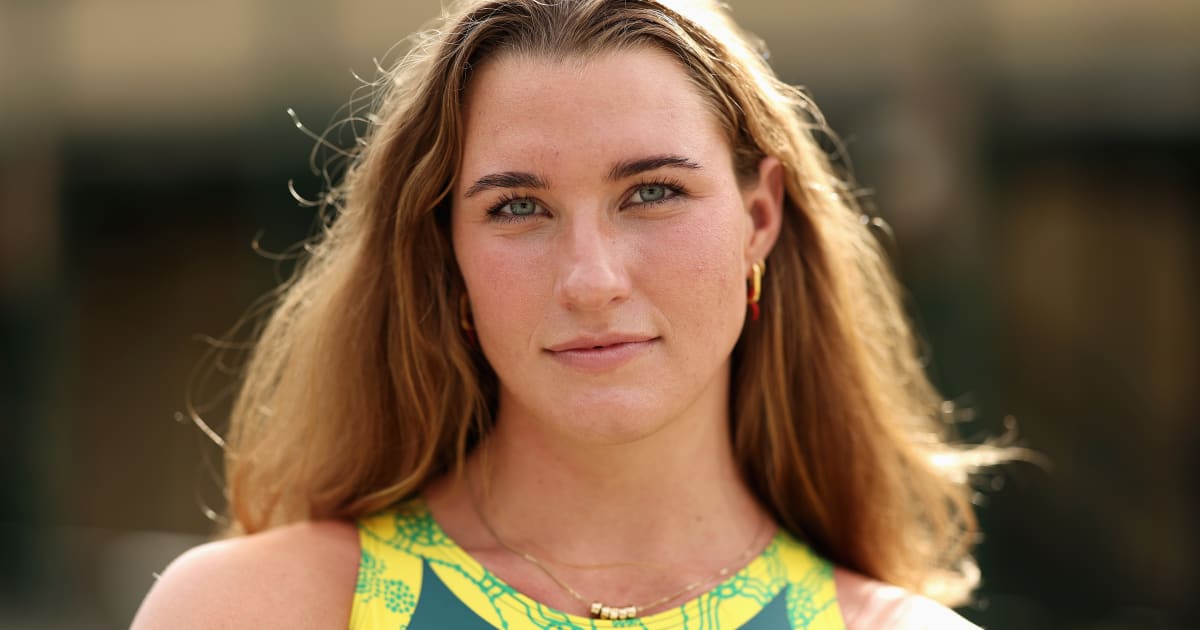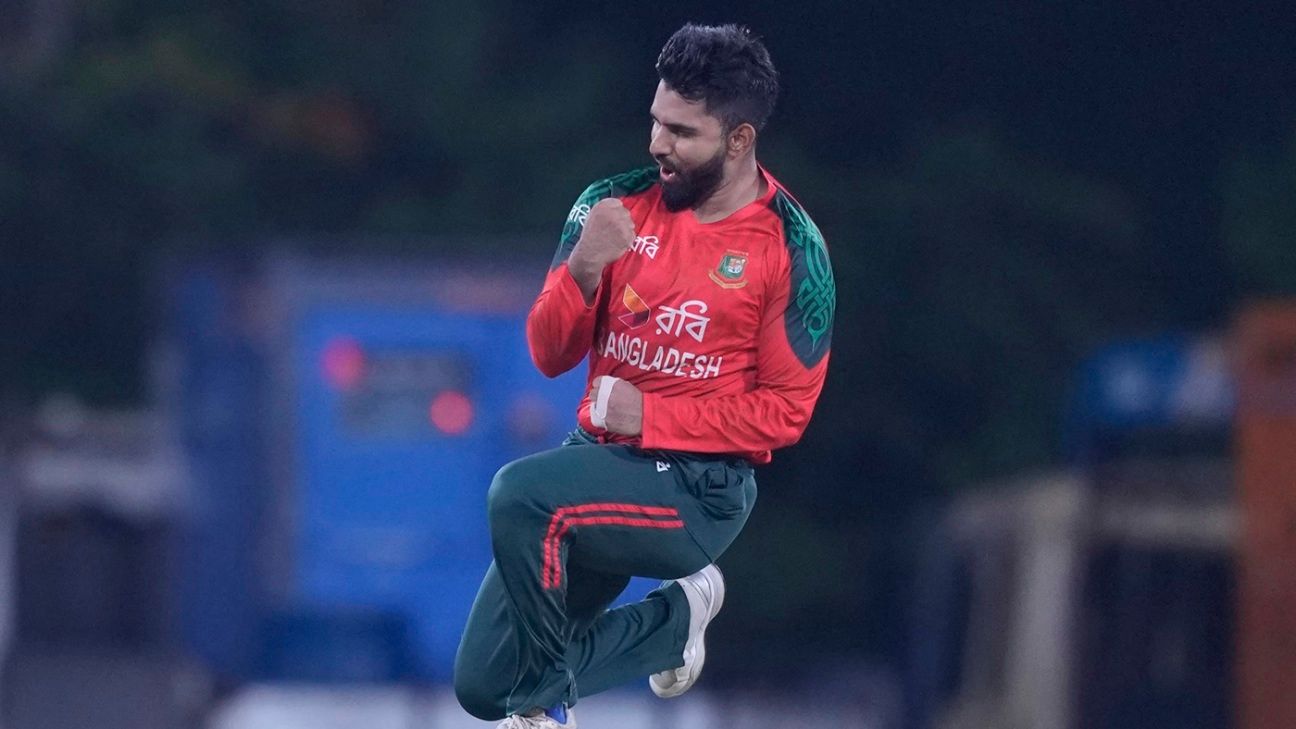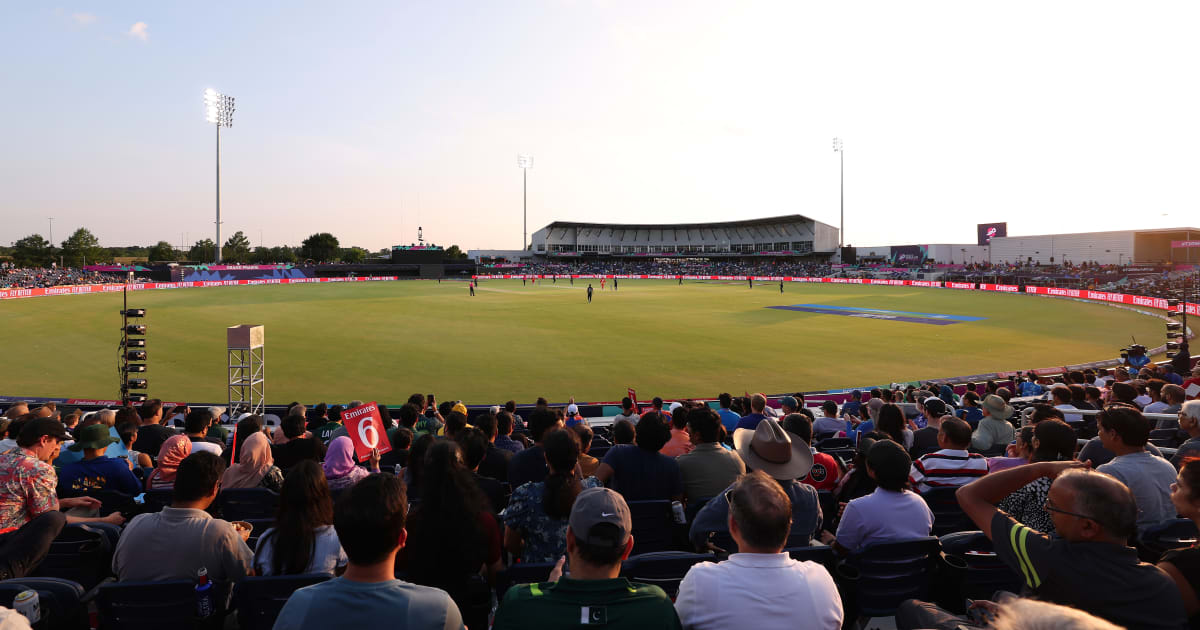Why Vivianne Miedema was left out by Andries Jonker - and why it was the right call

Back in 2003, renowned Dutch manager Co Adriaanse’s AZ side had just lost an Eredivisie game to Roda JC 5-1. His tactics inevitably came under scrutiny from journalists.But Adriaanse hit back, and argued that his side had been better on the day, had created the better chances and should have won the game. He coined a phrase that has become famous in Dutch football: “scorebordjournalistiek”, or scoreboard journalism. In other words, working backwards from the result and analysing the game inaccurately.AdvertisementThat phrase came to mind when watching another Dutch side concede five last night, in Basel.The Netherlands needed to beat France by three goals to progress to the knockout stage of the Euros. Andries Jonker, in his final game as Netherlands coach, took the brave decision to leave out Vivianne Miedema, who recently scored her 100th international goal. And the Netherlands ended up losing by three goals. From that, it seems clear that Jonker’s approach backfired.But that would be scoreboard journalism. So here’s a different interpretation of events: Jonker was entirely justified in not playing Miedema.The Netherlands’ record goalscorer has, sadly, been desperately off the pace at Euro 2025. She’s looked dreadfully sluggish, unable to go in behind the opposition, and has often miscontrolled balls that have come her way. It’s not that Miedema is ‘finished’, it’s simply that she’s had two years of serious injury problems, has often been used in midfield since moving to Manchester City last summer, and isn’t in the right condition to offer certain qualities. And this was a fixture against a dynamic, high-tempo side who leave space in behind. Therefore, the Dutch required someone who could play at a high tempo, and also make constant runs to sprint onto long passes. That was not Miedema.Therefore, Jonker went for Lineth Beerensteyn, renowned as one of the quickest players in the competition, and she constantly made runs in behind the defence as the Netherlands went direct. And, by and large, this worked very well.After falling behind, the Dutch equalised through Victoria Pelova, from a move that started with a lofted ball in behind France towards the onrushing Beerensteyn. Then they went ahead when Pelova raced in behind onto a good pass, and played a cut-back towards Beerensteyn, sprinting to the near post. It resulted in a scrappy own goal, but the Dutch were attacking with far more speed than in their previous two games. And they were, throughout the first half, outplaying France.Jonker looks on after his side’s defeat to France (Alexander Hassenstein/Getty Images)“They gave us problems with their long balls,” admitted Laurent Bonadei, the France manager, after the game. “They played long passes and we had to retreat.”At left-back, meanwhile, Jonker surprisingly omitted Barcelona’s Esmee Brugts, a converted attacker and not yet the most reliable defender. He instead deployed his regular right-back Kerstin Casparij on the left, and she proved capable of crossing with her left foot, but more importantly defended well against the dangerous Delphine Cascarino in the first half. A 2-1 half-time Dutch lead was fully deserved.AdvertisementThe problem of course, was that 2-1 wasn’t enough for the Netherlands. They needed two more goals. So they played with an urgency and an aggression that allowed France chances to break. And France are very good on the break.After a sloppy concession to make it 2-2, France seized their chance with an eight-minute burst and found themselves 4-2 up. By that point, the game was over. The group was decided. The Dutch were going out. The concession of the fifth goals makes the performance look disastrous — and it was ironic that it came from a harshly awarded penalty after foul from Casparij, who had otherwise defended excellently.“I look at one game at a time, and I look for players to give the best opportunity to give win,” Jonker said after the game.“I don’t consider age, status or past performances. I look at the moment and I approached the game against France from that perspective: what we needed, and that’s why we changed four players.” And, more pertinently, that’s why he left out Miedema.For a moment in the second half, it seemed Miedema would be summoned from the bench. She and Jonker spent 30 seconds discussing the matter while gazing at the play unfolding in front of them. But, as Jonker explained afterwards, he was realistic about the situation. His side needed to score several goals. It was impossible. There was no point Miedema taking risks when she’s nowhere close to peak fitness.Jonker’s time with the Netherlands is now over, but Miedema’s is hopefully not. She has often explained that she prefers playing in a deeper position rather than as a pure goalscorer, and she’s a less explosive player than during her peak goalscoring years. The presence of Bunny Shaw means she’s likely to be a second striker at City, if not necessarily a pure midfielder. Working out her precise role will be among the main tasks for two incoming managers: City’s new boss Andree Jeglertz, who coached Denmark at this competition, and the Netherlands’ new coach Arjan Veurink, currently assistant manager of England.AdvertisementReally, it was England rather than France who eliminated the Dutch from Euro 2025. That 4-0 defeat in Zurich was a terrible result that broadly reflected the balance of play. But this loss to France did not. 5-2 looks embarrassing on the scoreboard. But journalism, as Adriaanse said 24 years ago, should be about more than reflecting the scoreboard.(Top photo: Daniela Porcelli/Getty Images)

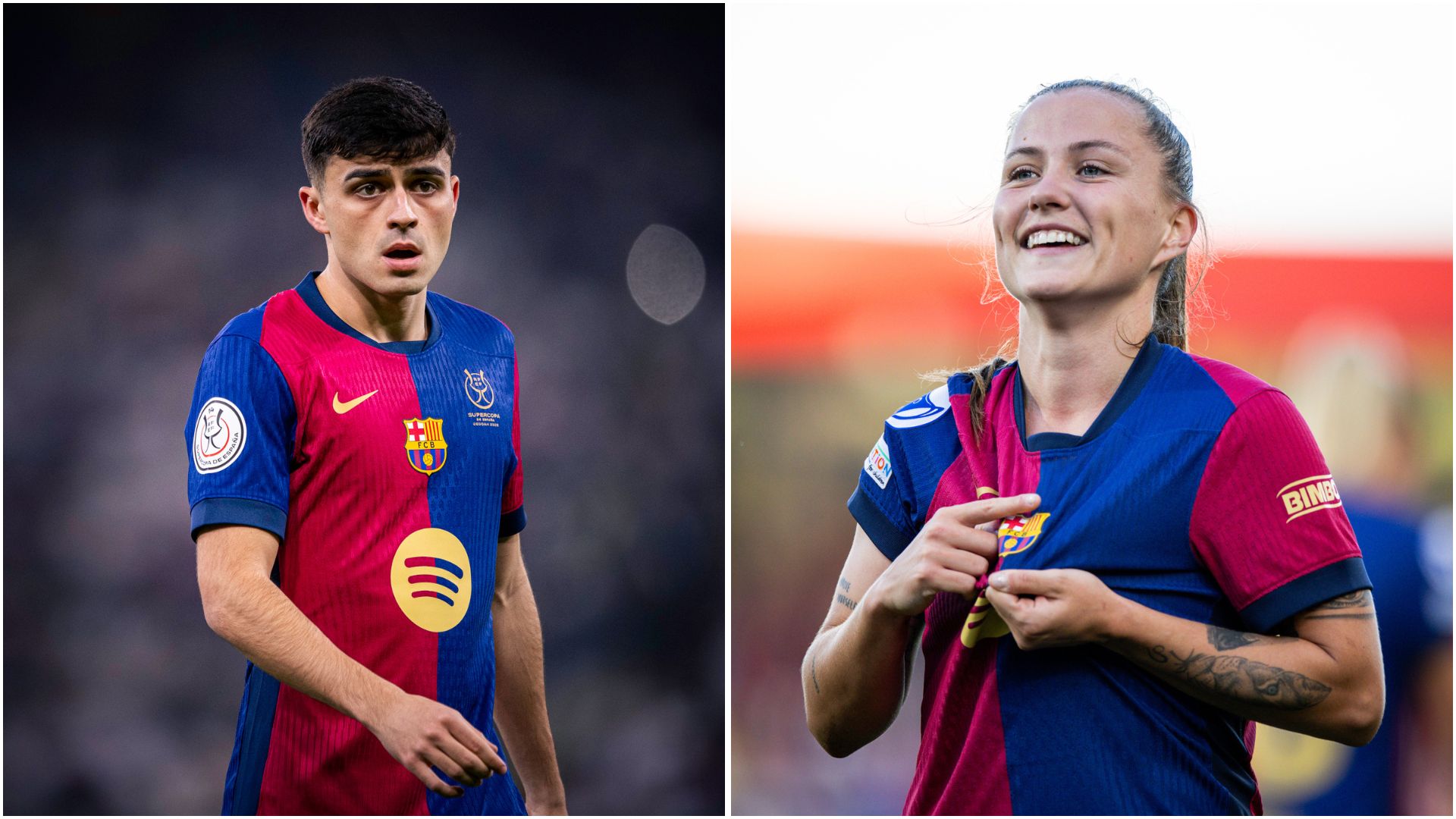

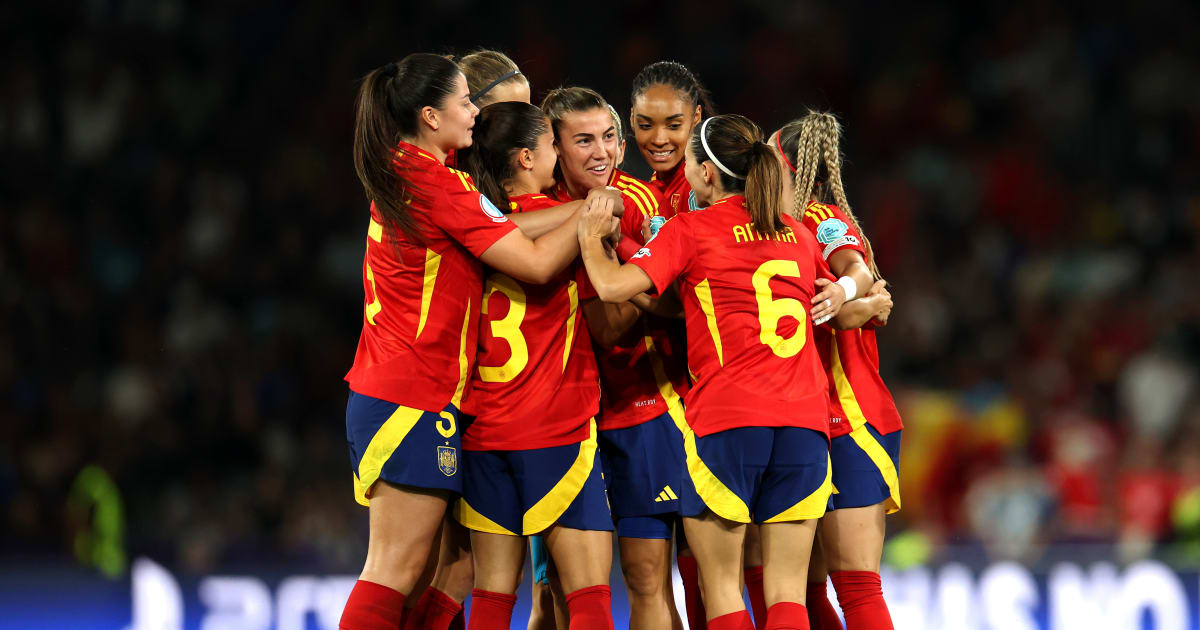
.jpg)

